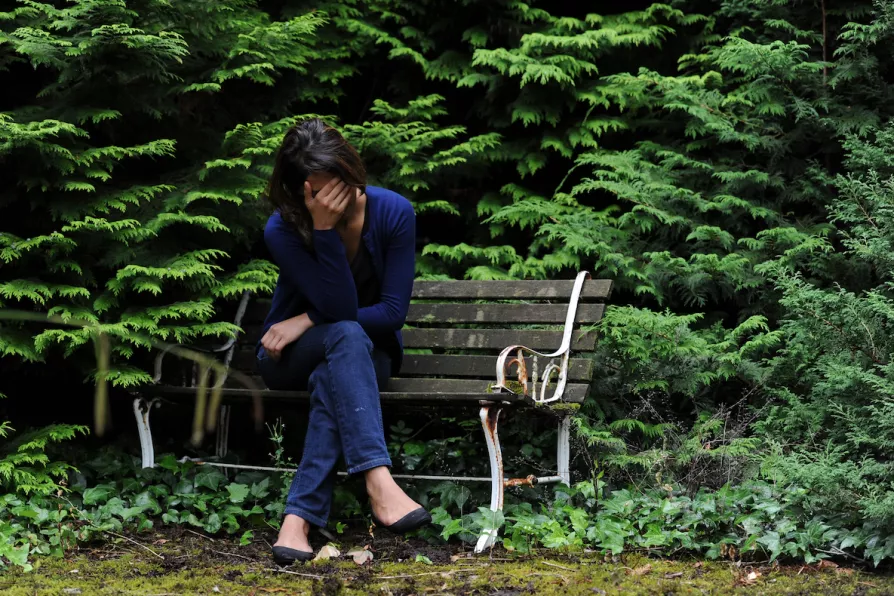

SOARING numbers of mental health patients waiting days for treatment in A&E is a ”scandal in plain sight,” a nursing union has warned.
NHS staff described some patients as “massively distressed and struggling” while waiting in busy emergency departments, on occasion becoming aggressive.
The Royal College of Nursing (RCN) has called for “urgent and sustained” investment in community services to ensure patients get timely care.
A freedom of information (FOI) investigation by the RCN found that A&E waits of 12 hours or more for mental health patients in England had increased five-fold between 2019 and 2025.
Responses from 75 NHS trusts revealed about 1.3 million people had attended emergency departments in a mental health crisis during this period.
And responses from 38 trusts showed the number of patients waiting more than 12 hours for a bed in a mental health unit after a decision to admit climbed from 1,090 to 5,260.
“Lots of people will just come and wait and be patient,” a senior nurse in the south-west of England said. “But as you can imagine, some of them are in severe crisis. They want to leave. They want to self-harm. They are massively distressed and struggling.”
She added that when patients reached crisis, it could divert a whole team of senior nurses, security personnel and emergency services to keep them safe.
A senior nurse in one London hospital also told the RCN that a patient who had been waiting three days for a bed became aggressive, smashed a window and threatened staff.
General secretary and chief executive of the RCN Professor Nicola Ranger said: “Severely ill mental health patients waiting days for treatment in stressful and brightly lit A&Es is a scandal in plain sight.
“These conditions are not ‘the norm’ and nursing staff will not accept them.
“If parity of esteem between mental and physical health is to mean anything, then these utterly degrading waits must end.”
Separate analysis by the RCN, released at its annual congress in Liverpool, found beds in mental health units had declined by 17 per cent in the last 10 years, with 3,699 fewer overall.
A Department of Health and Social Care spokesperson said: “People with mental health issues are not getting the support or care they deserve, and we know that many NHS staff feel burnt out and demoralised, having been overworked for years.
“That’s why this government is investing an extra £680 million in mental health services this year, to help recruit 8,500 more mental health workers, and put mental health support in every school.
“We have also launched one of the world’s first 24/7 mental health crisis support services via NHS 111 and announced a £26 million investment in new crisis centres, to ensure patients can get timely support from a trained mental health professional.

Government urged ‘to tackle the root causes’ of the NHS crisis and improve ‘social care services’












